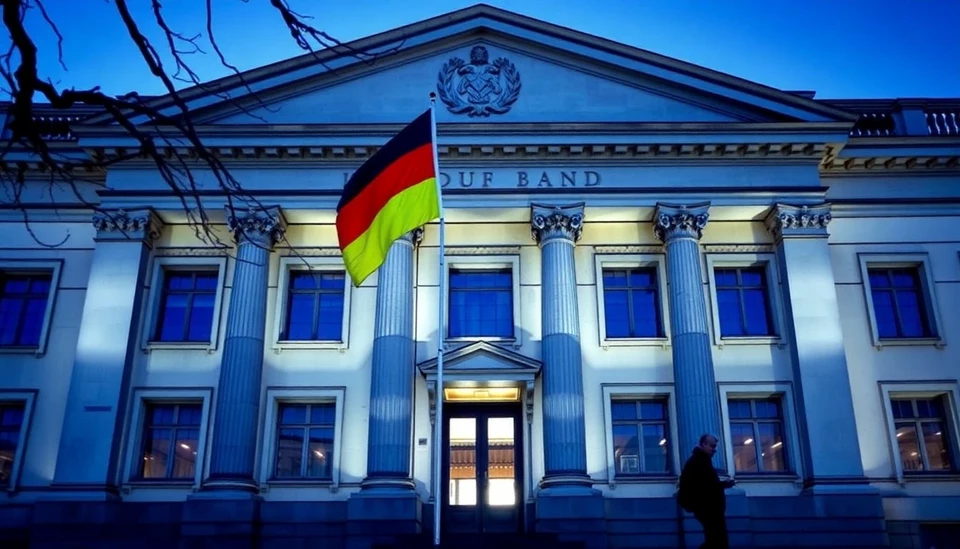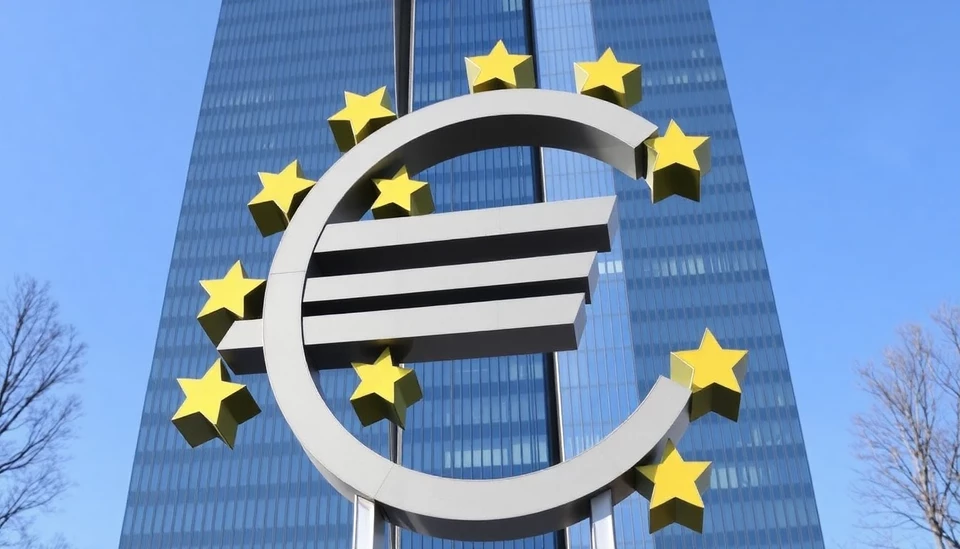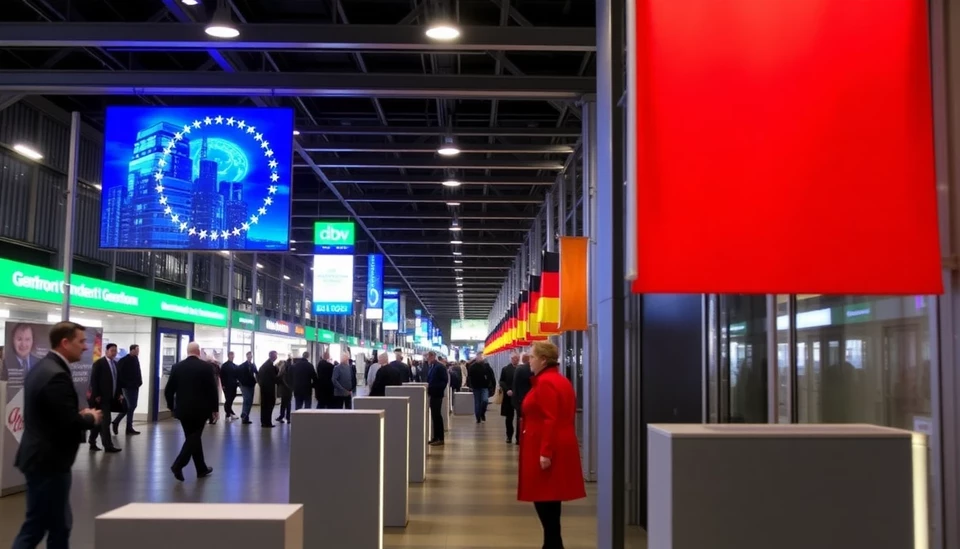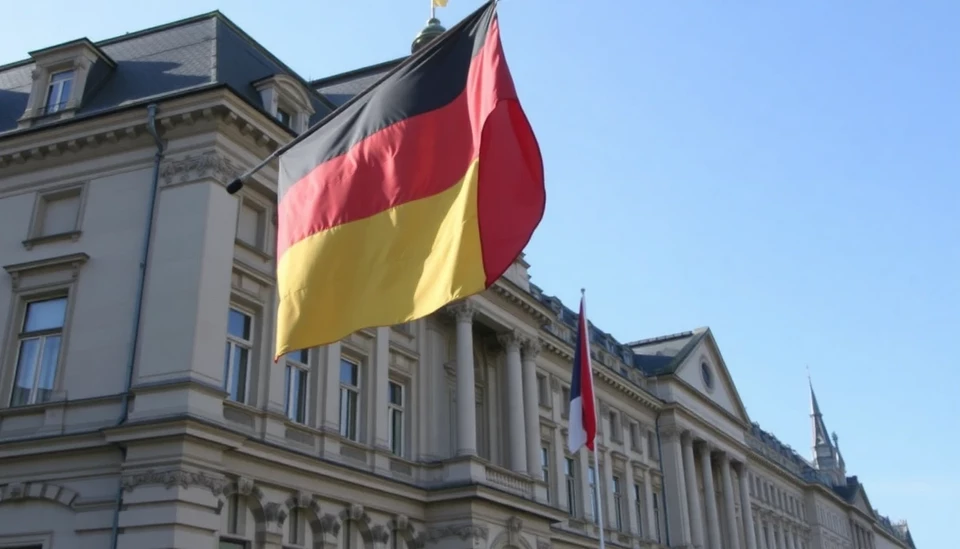
The latest report from Germany's central bank, the Bundesbank, suggests that the nation's economy may be entering a period of stagnation following a mild recession experienced earlier this year. This forecast comes as a sobering reminder of the broader challenges that continue to plague Europe’s largest economy, which has been struggling with various factors that hinder its recovery.
In its October report, the Bundesbank noted that economic activity has not rebounded as strongly as anticipated after the recession, prompting concerns among economists and policymakers alike. Germany was officially declared to have slipped into recession in the spring, driven by several issues including high inflation rates, a crippling energy crisis, and ongoing supply chain issues stemming from both the pandemic and geopolitical tensions.
Recent data suggests a lack of momentum in significant sectors such as manufacturing, which has long been a backbone of Germany's economy. The Bundesbank's assessment indicates that the expected recovery may be sluggish, with the potential for stagnation looming over the landscape as businesses and consumers adopt a cautious approach to spending and investment.
Compounding these challenges, the inflation rate remains elevated, which has drained consumer purchasing power. Businesses are grappling with increased costs of raw materials and energy, as Germany's transition to greener energy sources also brings about its own set of financial burdens. The central bank's analysis indicates that without substantive policy interventions, the path back to sustainable economic growth could be prolonged and fraught with obstacles.
Moreover, the ongoing geopolitical situation in Europe, especially with the ongoing implications of the conflict in Ukraine, continues to exert significant pressure on the German economy. Disruptions to energy supplies and dependence on foreign energy sources have made it difficult for industries to function optimally, thereby hindering overall economic growth.
As officials within the Bundesbank redefine their outlook on the economy, there are growing calls for targeted actions designed to stimulate investment and bolster consumer confidence. Various stakeholders, including government officials and private sector leaders, are beginning to engage in discussions surrounding fiscal measures and potential economic reforms necessary to address the current stagnation risks.
Looking forward, the path to recovery necessitates a comprehensive strategy that may involve both immediate relief efforts and long-term structural changes. Policymakers are faced with the dual challenge of navigating immediate economic pressures while simultaneously laying the groundwork for resilient growth in the future.
In summary, while the mild recession may have officially passed, the Bundesbank's warning of potential stagnation serves as a wake-up call for Germany. Stakeholders across various sectors need to rally together to address the myriad challenges that currently hinder the nation’s economic recovery, aiming for a more sustainable path forward.
As the narrative continues to unfold, it will be crucial to observe how both politics and economic strategies evolve to adapt to these pressing challenges.
#GermanyEconomy #Bundesbank #EconomicStagnation #InflationCrisis #GeopoliticalChallenges #FiscalPolicy #EnergyTransition #ManufacturingDecline
Author: Daniel Foster




